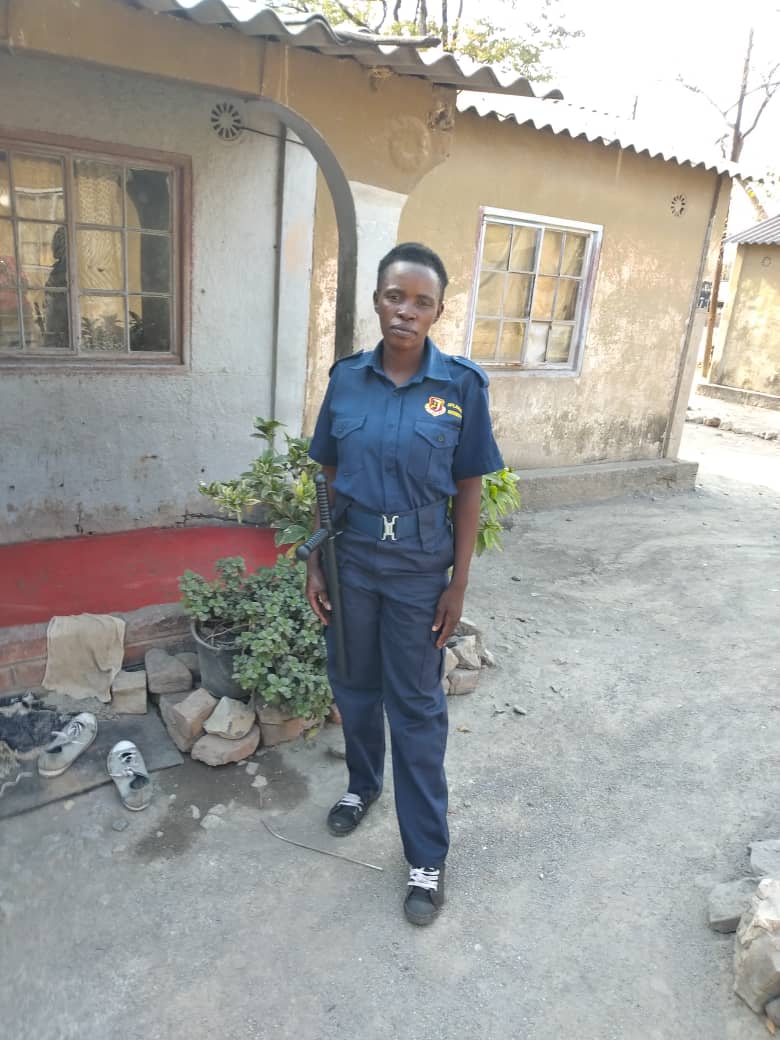Chinese Owned Chaba Mine Under fire For Deploying Guard To Animal-Infested Area Without Protection Kit
Lydia Dube (30) was tragically killed by an elephant while guarding a broken-down crane at Chaba mine in Hwange yesterday.
She was deployed alone at night without a firearm.
She also did not have a radio communication system. Perhaps they wanted her to defend the machine with her body.
She is survived by her daughter. Human wildlife conflict is now rife in Hwange due to various factors which may include climate change and mining near national parks.
Hwange National Park, Zimbabwe’s largest wildlife reserve, is home to an abundance of iconic African animals, including elephants, lions, and buffaloes.
However, the park’s proximity to human settlements has led to an escalating human-wildlife conflict, posing a significant threat to both people and wildlife.
Several factors contribute to the human-wildlife conflict in Hwange. One of the primary causes is the expansion of human settlements into areas surrounding the park, leading to encroachment on wildlife habitats.
This encroachment has resulted in increased competition for resources, such as water and food, between humans and animals.
The human-wildlife conflict in Hwange has severe consequences for both people and wildlife. Humans face the risk of injury, death, and crop destruction, while wildlife is exposed to habitat loss, poaching, and retaliatory killings.
The human-wildlife conflict in Hwange is a complex issue that requires a multifaceted approach. By addressing the underlying causes and implementing effective mitigation strategies, we can strive to create a more harmonious coexistence between humans and wildlife in Hwange.
For feedback and comments, please contact ZiMetro News on WhatsApp: +27 82 836 5828.

For comments, Feedback and Opinions do get in touch with our editor on WhatsApp: +44 7949 297606.
